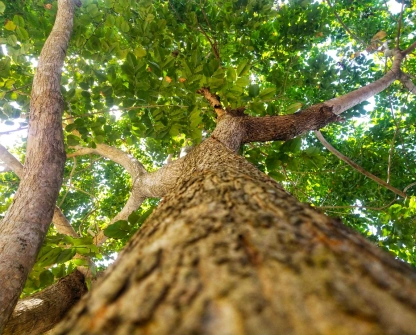Sandalwood Farming: A Profitable Legacy for Future Generations
Sandalwood, often referred to as “green gold,” is not just a sacred tree with aromatic charm—it’s one of the most valuable crops in the world, offering both ecological and economic rewards. At a time when sustainable and high-value farming is gaining attention, sandalwood cultivation stands out as a smart, long-term investment with remarkable returns.
One of the greatest benefits of sandalwood farming is its exceptional market value. The heartwood and oil derived from mature sandalwood trees are in high demand across global industries such as cosmetics, perfumery, pharmaceuticals, and spirituality. With prices soaring per kilogram, especially for matured wood, even a small plantation can yield returns that far exceed most traditional crops.
Sandalwood trees are also relatively low-maintenance once established. They thrive in a variety of climates and soils, and with proper guidance, farmers can cultivate them alongside other crops in an agroforestry model. This not only improves land utilization but also enhances soil fertility and biodiversity. The tree’s hardy nature and resistance to drought make it especially suitable for semi-arid and dry regions.
From an investment perspective, sandalwood farming is a one-time effort with long-term gain. The trees typically mature in 12 to 15 years, making it a perfect wealth-building asset for the future. For landowners and eco-conscious investors, it offers a rare combination of sustainability and profitability. As the trees grow, so does the value of your investment—quietly, steadily, and significantly.
Furthermore, the growing awareness about organic products and natural remedies is pushing demand even higher, with limited global supply ensuring consistently strong prices. Governments and agricultural departments in many regions also support sandalwood farming through subsidies and training, further enhancing its attractiveness.
Sandalwood farming isn’t just about income—it’s about creating a legacy. Whether you’re a farmer, landowner, or investor, planting sandalwood today means building a green asset that offers ecological benefits and financial security for decades to come.



